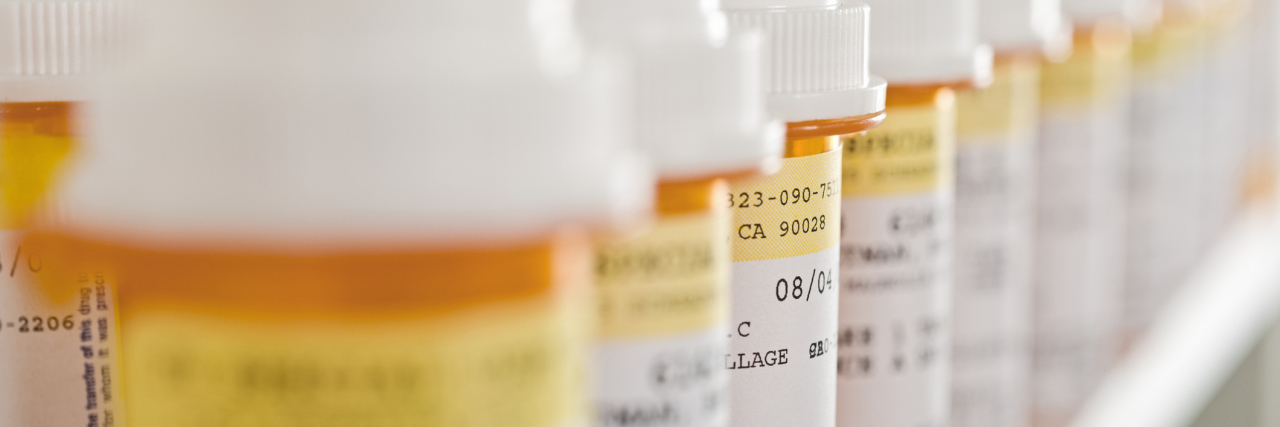Report Finds Anti-Baldness Drug Propecia May Lead to Increased Suicide Risk
The makers of popular anti-baldness drug Propecia knew about a risk of suicide for people taking the medication, but decided not to warn the public, according to newly unsealed court documents. The papers show that Merck & Co. opted not to include a warning about suicide risk when it updated the drug’s label in 2011.
More than 2.4 million people were prescribed Propecia in 2020, according to Reuters. The Food and Drug Administration (FDA) received 700 reports of suicidal thoughts and behavior from people taking it during the period 2011-2020. That number included 100 deaths. The documents show that dating back to 2009 Merck had warning of more than 200 reports of depression and suicidal thoughts among people taking the drug. The company decided that was not enough evidence to pursue aggressive research and left the concern as part of its routine monitoring of safety reports.
Regulating agencies in Europe and Canada require warnings of suicide risk on the label for finasteride, the generic name for Propecia. The FDA also investigated adding depression as a risk on the drug’s label in 2011, but ultimately decided against it.
Kim Witczak, a consumer advocate who advises the FDA on psychiatric drugs, lost her husband to suicide in 2003 after he was prescribed an anti-depressant. “No family should ever have to learn about this after the fact,” she told Reuters.
Some antidepressants are thought to cause an increase in suicidal thoughts in some patients, particularly among children and young adults, according to WebMD. Studies show no increase in suicidal thoughts in people aged 25-64, and a decrease among those 65 and older.
A study done by Harvard researchers also showed that some medications increase suicidal thoughts, but many popular medications also cause a decrease in them. They studied 922 medications and more than 43,000 suicidal events, including attempts, self-harm and deaths. Ten medications were found to have an increase in suicide risk, while 44 showed a decrease. Thirty of the drugs that promoted a decrease in suicidal thinking were psychotropic medications.
The study’s authors note that depression is one of the highest risk factors for suicide, and many people with the condition are prescribed antidepressants. Thus, there may be mitigating factors besides the medication that come into play. Suicide is multifaceted and there is no one cause, including mental health problems or medications.
For drugs like Propecia, however, with known increased suicide risk factors, labeling is an important part of serving the public. Merck’s choice to disregard the information and not include a warning in the label should be a source of concern. So far, the FDA has declined to comment on its role or requirements for Propecia.
Header image via IPGGutenbergUKLtd/Getty Images

